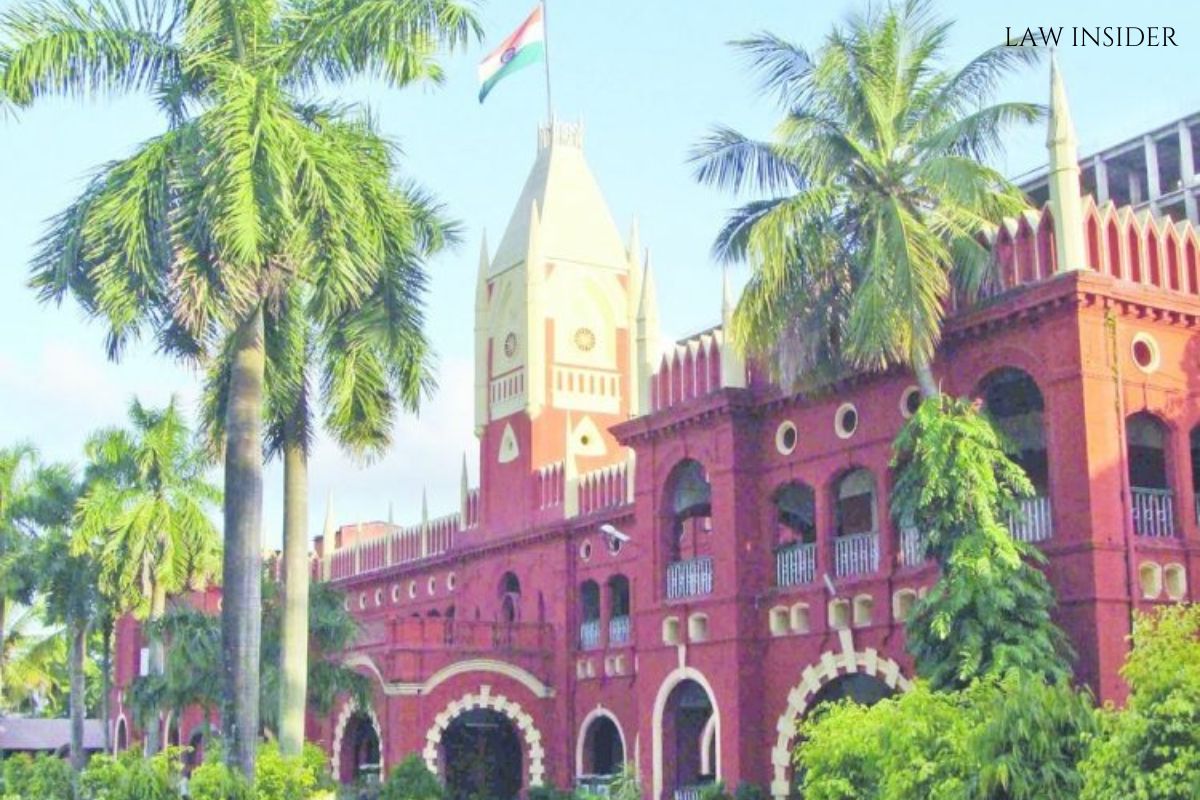LI Network
Published on: October 4, 2023 at 12:27 IST
The Orissa High Court has upheld the convictions of six contractors who were found guilty of abducting two workers, compelling them to toil as bonded laborers for an extended period, and ultimately amputating their hands.
The Division Bench, comprising Justices Bibhu Prasad Routray and Chittaranjan Dash, dismissed the appeals of the accused-appellants, emphasizing the heinous nature of the crimes committed.
The court’s ruling highlighted the extreme brutality faced by the bonded laborers, describing it as an act so horrendous that death would have seemed like a preferable option.
Background:
The victims and several other laborers were initially promised lucrative work opportunities in a brick kiln in Raipur, with the potential to earn Rs. 20,000 per month. Lured by this offer, they accompanied some of the appellants to Raipur by train.
However, the appellants subsequently coerced the victims into traveling to Hyderabad for work. When the victims sensed something amiss and refused, the appellants resorted to violence, threatening them with harm if they did not comply.
While traveling, most of the laborers managed to escape from the appellants’ control, except for the two victims. The appellants forcibly removed the victims from the train and moved them from place to place, eventually taking them to Kotamal, where they were held in one of the accused’s homes. Three of the appellants physically assaulted the victims and demanded a sum of two lakh rupees.
Since the victims and their families were unable to arrange the requested amount, they were forced to work as bonded laborers in the cotton fields of one of the accused for approximately eight to ten days. Subsequently, the victims were confined to a room, and on one fateful night, they were taken to a forest and given the ultimatum of surrendering their lives or limbs. Despite the excruciating pain, the victims refused to comply.
The accused then proceeded to sever the right palms of both victims from their wrists. The victims, screaming in agony, managed to escape and seek help from the owner of a nearby hotel, who provided them with makeshift bandages. With the assistance of villagers, they boarded a bus to the District Headquarter Hospital in Bhawanipatna for medical treatment.
Upon receiving the report of the incident, the police launched an investigation and charged the accused, including the present appellants, under various sections of the Indian Penal Code (IPC) and the Bonded Labor System (Abolition) Act, 1976. The Additional Sessions Judge, Dharamgarh, convicted the appellants for various offenses.
Court’s Observations:
The Orissa High Court commenced its judgment by citing a statement made by former Chief Justice of India PN Bhagwati in the Bandhua Mukti Morcha case, highlighting the dire circumstances of bonded laborers. The court rejected the argument presented on behalf of the appellants that the victims had provided inconsistent and evasive answers during cross-examination, casting doubt on their testimonies.
The court stressed the importance of considering the socio-economic, cultural, and educational backgrounds of witnesses when assessing their evidence. Given that the witnesses in this case were primarily daily wage laborers or engaged in agriculture, the court deemed it unrealistic to expect them to respond to questions with the legal acumen of trained lawyers.
The court also noted that the victims’ statements were generally consistent and coherent, despite some occasional discrepancies caused by the cross-examination tactics of skilled defense lawyers. The court cautioned against dismissing their accounts solely based on these minor inconsistencies.
The court did not find evidence to support the claim that the laborers were abducted for ransom. Instead, it ruled that the charges should be altered to kidnapping under Section 367 of the IPC, as the acts involving ransom demands and the amputation of hands were not connected to a demand for money.
The bench considered crucial evidence, including statements given under Section 27 of the Evidence Act, which led to the recovery of the weapons used in the attack and the severed wrists of the victims. It also took into account medical findings indicating that the victims’ injuries would have been fatal without timely medical intervention.
In its conclusion, the court emphasized that the acts committed by the appellants were barbaric, gruesome, and diabolical, transcending even the death of a human being in their brutality.
As a result, the appellants’ convictions were upheld under various sections of the IPC, and the alteration of charges to Section 367 was confirmed.

